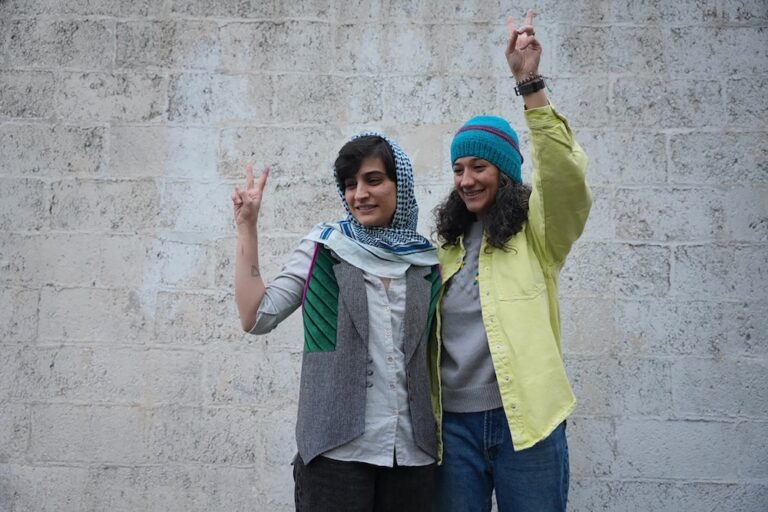"More than ever before, we see that economic development, institutional reform and respect for fundamental rights do not necessarily go hand in hand," RSF noted.
(RSF/IFEX) – 20 October 2010 – “Our latest world press freedom index contains welcome surprises, highlights sombre realities and confirms certain trends,” Reporters Without Borders secretary-general Jean-François Julliard said as his organisation issued its ninth annual index today. “More than ever before, we see that economic development, institutional reform and respect for fundamental rights do not necessarily go hand in hand. The defence of media freedom continues to be a battle, a battle of vigilance in the democracies of old Europe and a battle against oppression and injustice in the totalitarian regimes still scattered across the globe.
“We must salute the engines of press freedom, with Finland, Iceland, Netherlands, Norway, Sweden and Switzerland at their head. We must also pay homage to the human rights activists, journalists and bloggers throughout the world who bravely defend the right to speak out. Their fate is our constant concern. We reiterate our call for the release of Liu Xiaobo, the symbol of the pressure for free speech building up in China, which censorship, for the time being, is still managing to contain. And we warn the Chinese authorities against taking a road from which there is no way out.
“It is disturbing to see several European Union member countries continuing to fall in the index. If it does not pull itself together, the European Union risks losing its position as world leader in respect for human rights. And if that were to happen, how could it be convincing when it asked authoritarian regimes to make improvements? There is an urgent need for the European countries to recover their exemplary status.
“We are also worried by the harsher line being taken by governments at the other end of the index. Rwanda, Yemen and Syria have joined Burma and North Korea in the group of the world’s most repressive countries towards journalists. This does not bode well for 2011. Unfortunately, the trend in the most authoritarian countries is not one of improvement.”


